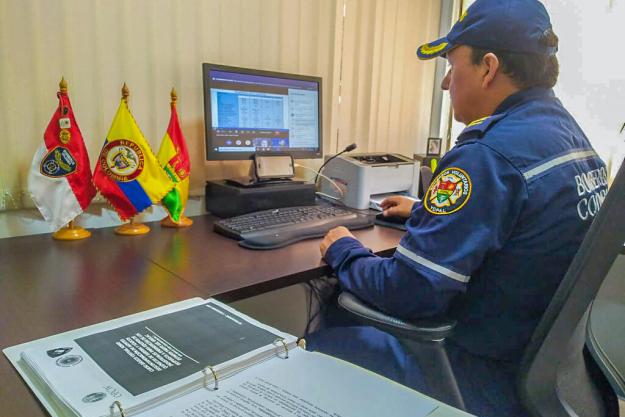
THE HAGUE, Netherlands–16 April 2021–The Organisation for the Prohibition of Chemical Weapons (OPCW) assisted emergency First Responders from Latin America and the Caribbean (GRULAC) in mastering the basics of two emergency management tools – the Wireless Information System for Emergency Responders (WISER) and the Emergency Response Guidebook (ERG). Lecturers from Peru and Spain, secured through the OPCW Instructor Development and Exchange Programme, supported this online training conducted from 12 to 16 April.
The training, the latest in a series, was conducted in response to GRULAC Member States’ interest in training more of their chemical emergency professionals in the use of the WISER and ERG tools.
One of the course lecturers, Sergeant of the Murcia Region Firefighters’ Service and hazardous material specialist, Mr Jose Antonio Marin Ayala, stated: “This OPCW training provides a much-needed forum for sharing knowledge and experience, and strengthening the worldwide network of experts involved in chemical emergency response.”
The OPCW’s Special Advisor on Assistance and Protection, Mr Shawn DeCaluwe, remarked: “The OPCW Technical Secretariat is pleased GRULAC Member States are showing high levels of interest in expanding the use of chemical emergency management tools among the region’s First Responders. The Organisation stands ready to answer further training needs and enhance assistance and protection capacity in Latin America and the Caribbean.”
The course provided theoretical knowledge and practical exercises on the use of the ERG and WISER systems in chemical emergencies. Live instruction was supplemented by a wealth of reference materials, including slides, videos, and documents.
The participants included 45 military and civilian professionals from a range of response backgrounds, including civil defence, fire departments, police, as well as Chemical, Biological, Radiological and Nuclear (CBRN) defence military units. They represented the following 10 OPCW Member States: Argentina, Bolivia, Brazil, Chile, Colombia, Costa Rica, Dominican Republic, Ecuador, Guatemala, and Peru.
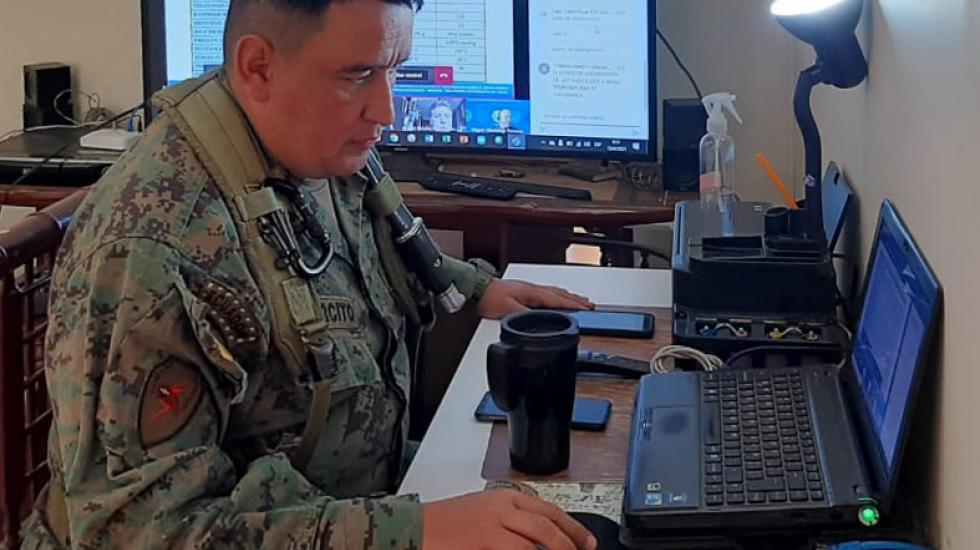
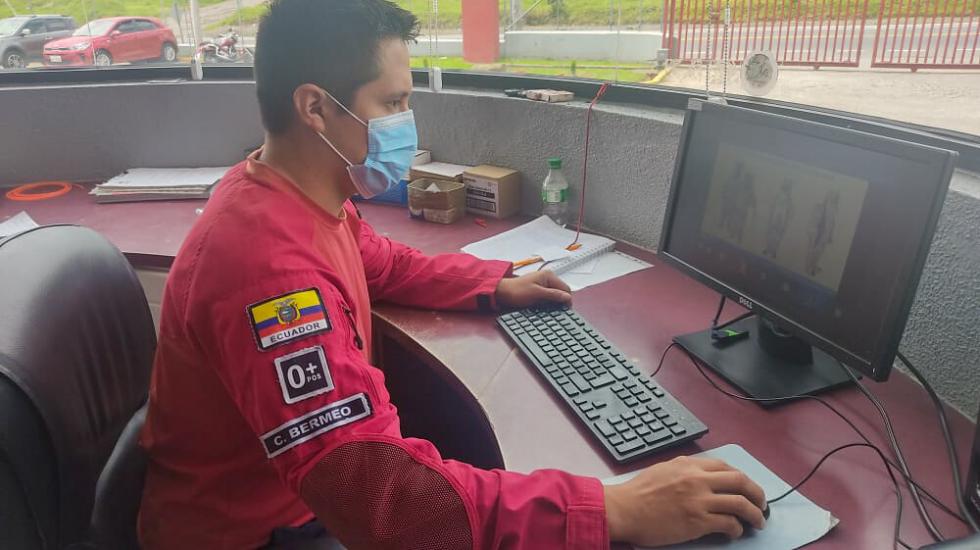
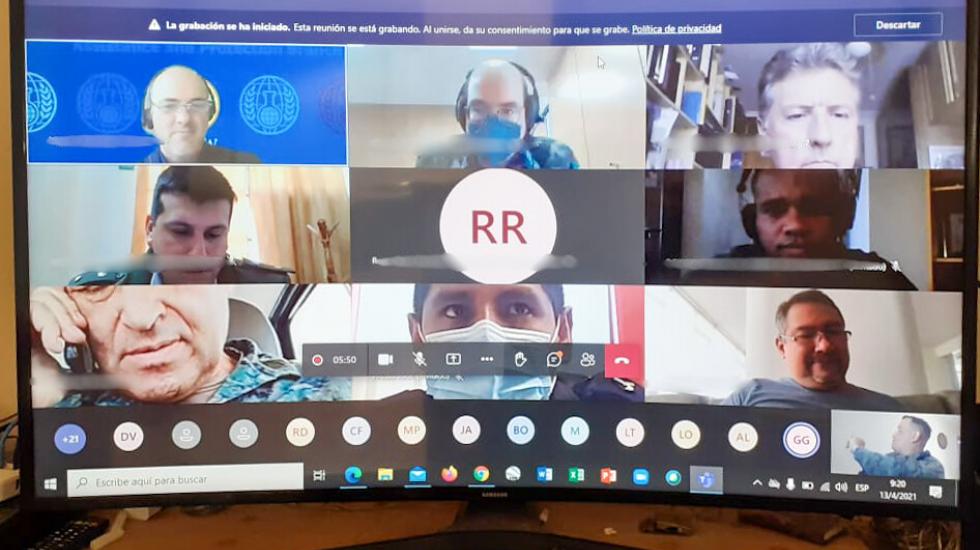
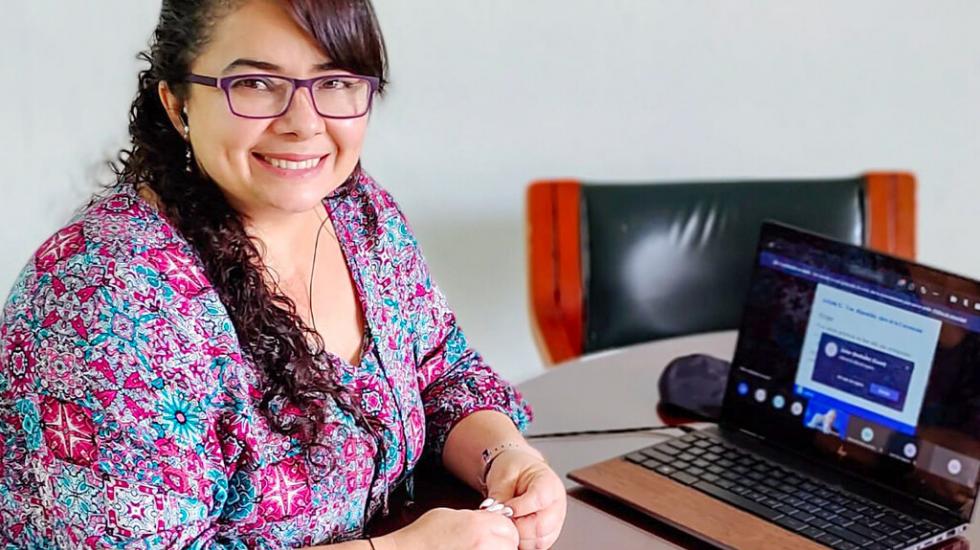
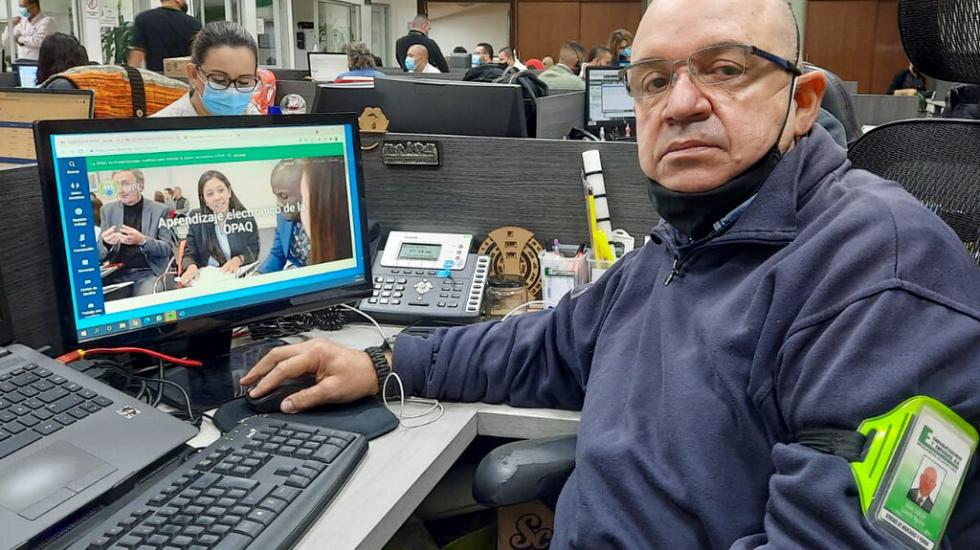
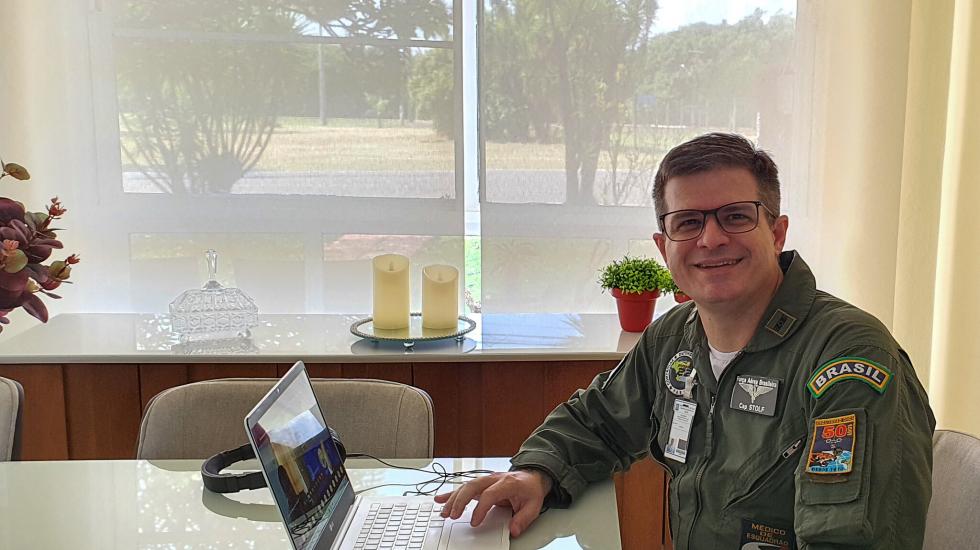
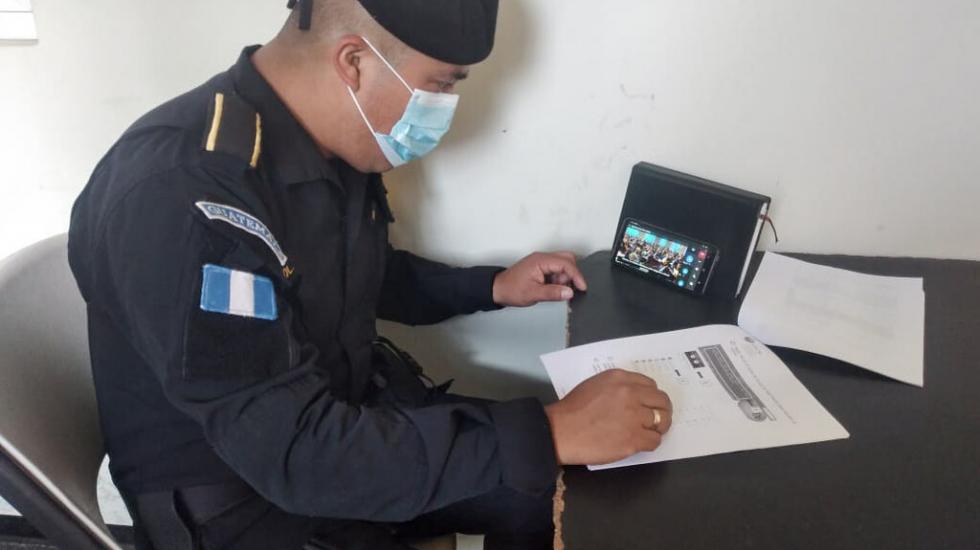
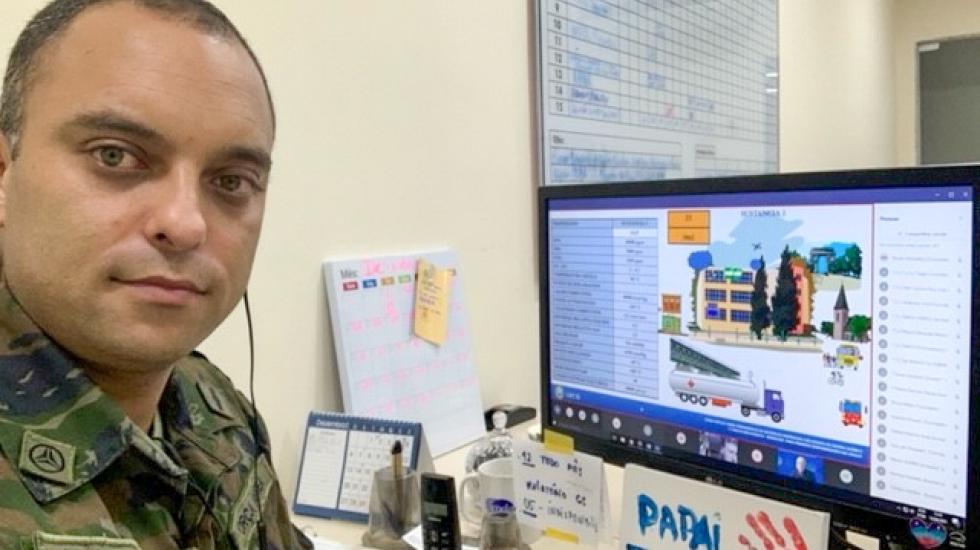
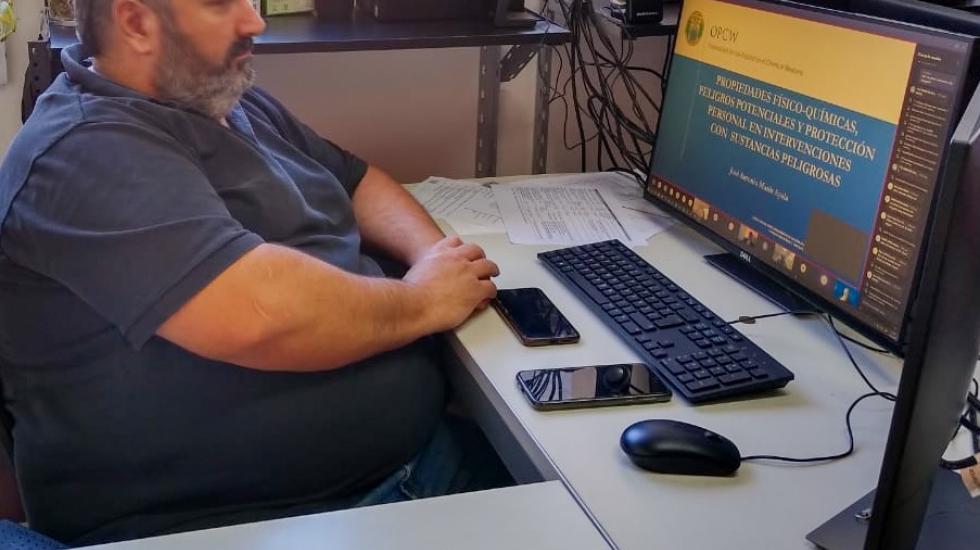
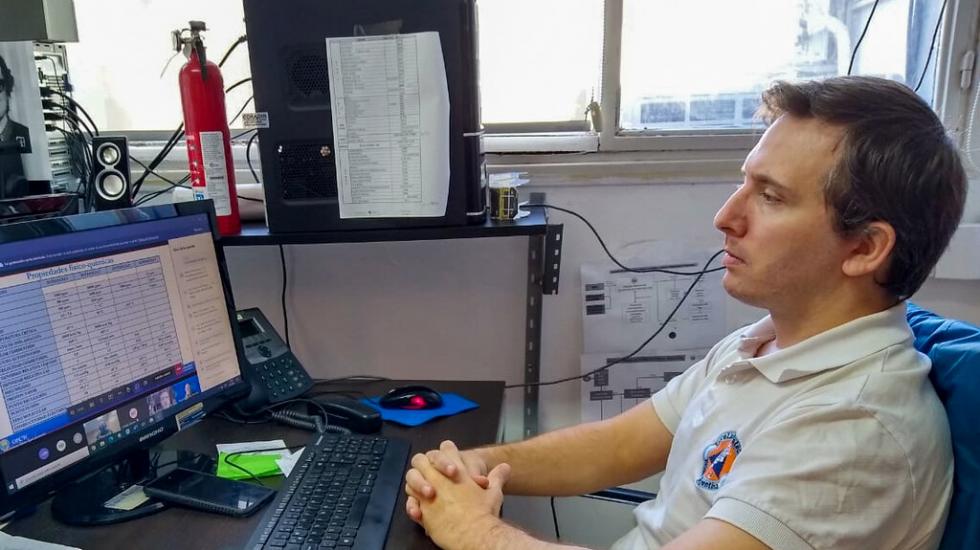
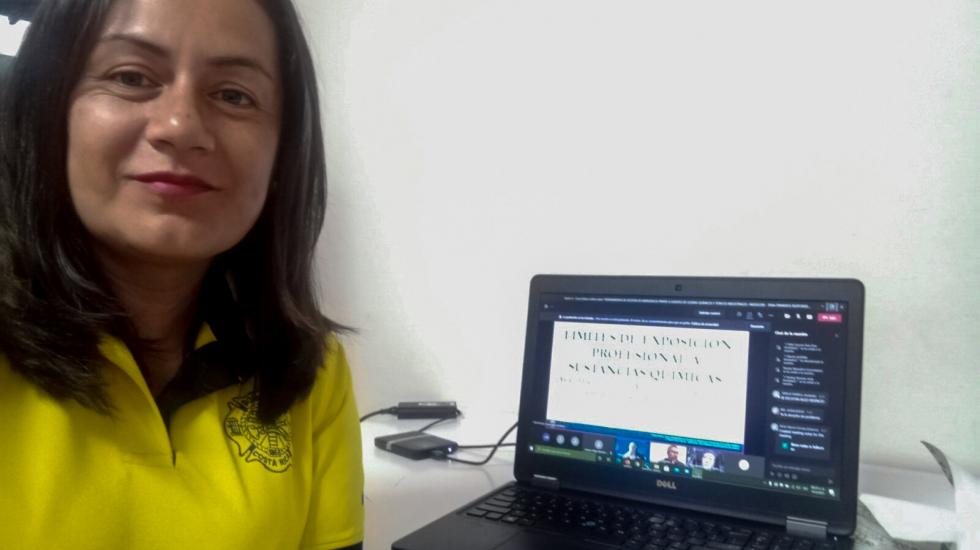
Background
This was the seventh online course for OPCW Member States from Latin America and the Caribbean (GRULAC) in support of Article X of the Chemical Weapons Convention since the onset of the Covid-19 pandemic.
As the implementing body for the Chemical Weapons Convention, the OPCW, with its 193 Member States, oversees the global endeavour to permanently eliminate chemical weapons. Since the Convention’s entry into force in 1997, it is the most successful disarmament treaty eliminating an entire class of weapons of mass destruction.
Over 98% of all declared chemical weapon stockpiles have been destroyed under OPCW verification. For its extensive efforts in eliminating chemical weapons, the OPCW received the 2013 Nobel Peace Prize.
